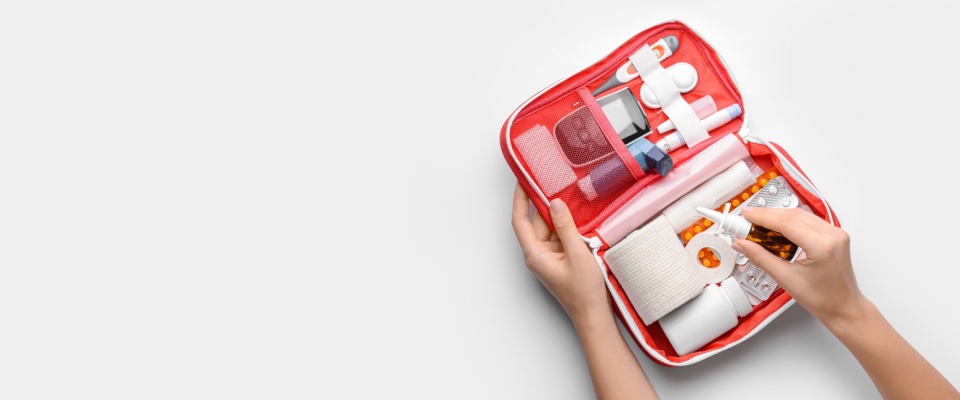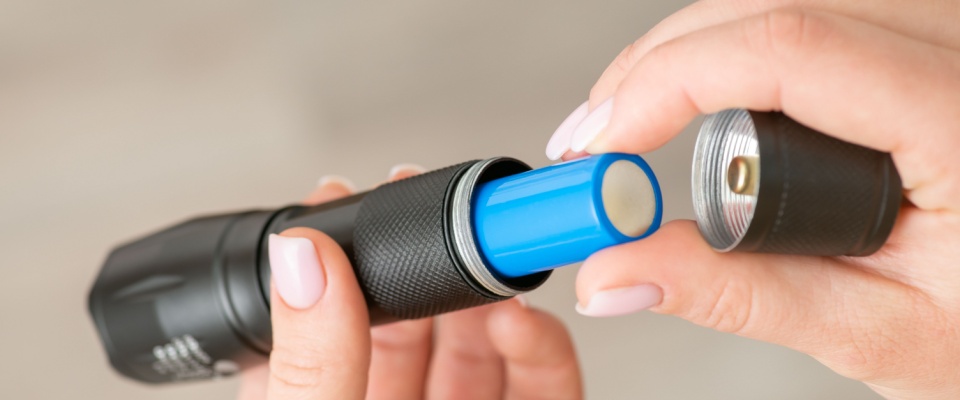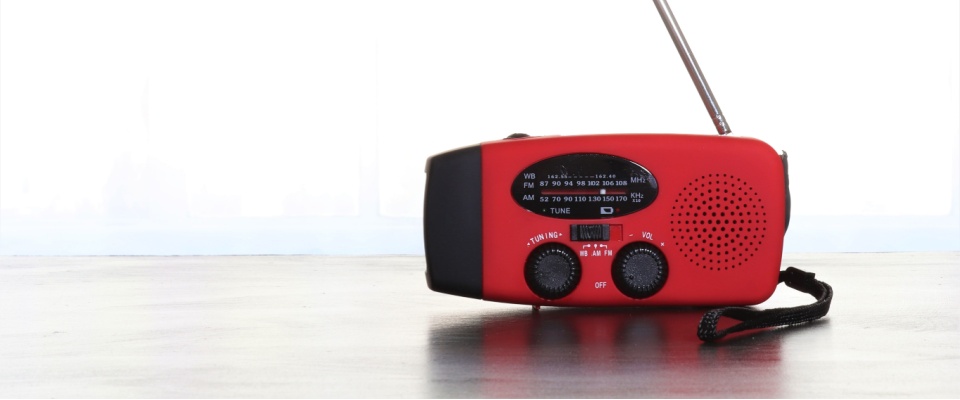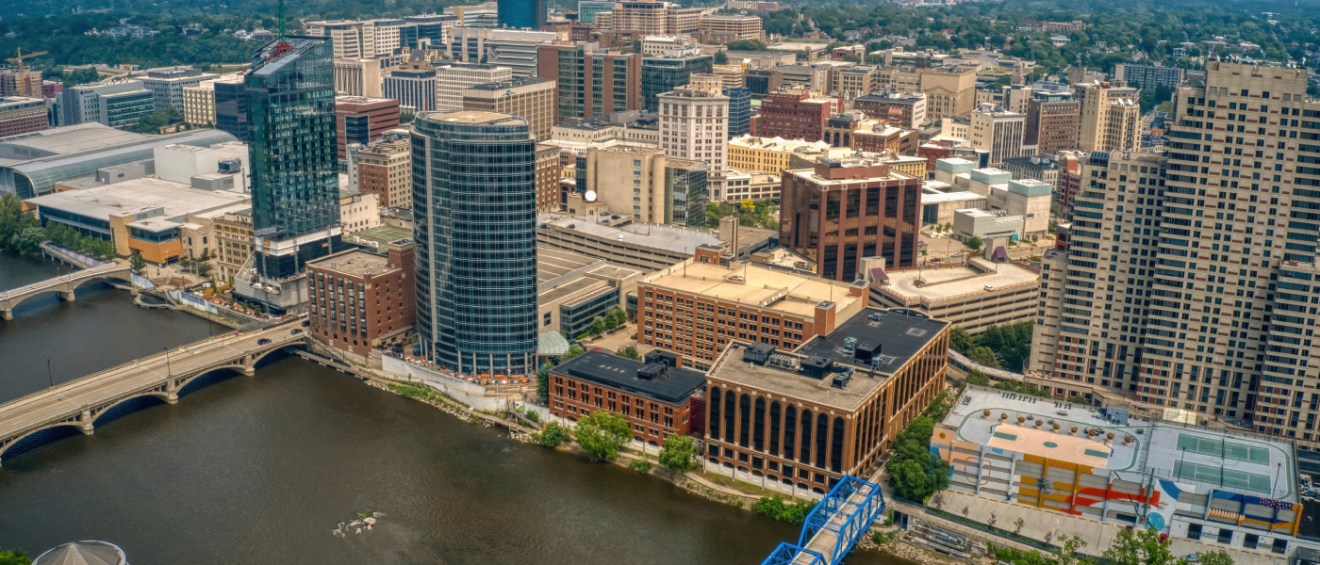Share this article:
As a renter, you might not have as much control over your living situation as homeowners do in case of an emergency. You can’t exactly reinforce your walls or install a backup generator, but that doesn’t mean you shouldn’t be prepared for the unexpected. Emergencies don’t discriminate, and whether we’re talking about rental apartments in the city or single-family homes for rent in the suburbs, the need to be ready for a crisis remains the same and having an emergency kit on hand can make all the difference.
Picture this: A sudden storm knocks out power in your area, and you find yourself without electricity for hours or even days. Or perhaps a natural disaster forces you to stay indoors, making a trip to the store impossible. In these scenarios, having an emergency kit isn’t just a good idea — it’s downright essential. Being prepared can make the difference between being safe and comfortable or facing unnecessary hardship.
Creating an emergency kit tailored for renters is about more than just having supplies on hand — it’s about being proactive in safeguarding your well-being and that of your loved ones. By taking the time to assemble an emergency kit, you’re ensuring that you’ll be ready to handle whatever comes your way, from minor inconveniences to major disasters. Here are the seven items any renter should have in their emergency kit:
1. Water (a must in your emergency kit)
Seriously, this is the big one. Aim for at least one gallon per person per day for three days. You’ll need it for drinking, cooking, and cleaning. Consider storing water in sturdy, BPA-free containers and rotating your supply every six months to ensure freshness.
2. Non-perishable food
Think canned goods, protein bars, nuts, dried fruit, peanut butter, crackers… anything that won’t go bad quickly and requires minimal preparation. Don’t forget a manual can opener! Stocking up on foods that require no refrigeration, water, or special preparation is key.
3. First aid kit
Even a basic kit with bandages, antiseptic wipes, pain relievers, gauze, antibiotic ointment, and tweezers can be a lifesaver in a pinch. Consider taking a first aid course to learn how to use the supplies effectively. It’s not just about having the items but knowing how to apply them.

4. Medications
Make sure you have a good supply of any prescription meds you take, plus over-the-counter essentials like pain relievers, allergy meds, anti-diarrhea medication, and antacids. Consider talking to your doctor about getting an emergency supply of your prescription medications.
5. Flashlight (and extra batteries!)
A power outage can happen anytime, so be prepared with a reliable flashlight and plenty of backup batteries. Consider a headlamp for hands-free operation or a solar-powered flashlight that can recharge in sunlight. Keeping light sources handy can prevent accidents and help you navigate in the dark.

6. Cell phone (and charger!)
Your phone is your most important communication tool, so keep it charged and ready to go. A portable charger is a good idea too, especially one that can be charged via solar power. Remember, in an emergency, cell towers may be overloaded, so text messages may be more reliable than calls.
6. Radio (battery-powered or hand-crank)
This is your lifeline to the outside world in an emergency. You’ll be able to get updates on the situation and any important instructions. Look for a model with weather alerts and multiple power sources (batteries, hand crank, or solar). Staying informed can be critical during emergencies.

A Few Extra Tips
- Don’t forget your pets! If you’re renting with pets, make sure your furry friends are included in your emergency kit checklist. Pack food, water, and any medications they might need.
- Keep your emergency kit accessible. You don’t want to be searching for it in a panic. Choose a central location that’s easy to reach, like the coat closet in the hallway of your apartment or a cabinet that’s close to the apartment door.
- Check and update your emergency kit regularly. Make sure food hasn’t expired and batteries are still working. Also, schedule regular checks to ensure everything is in good condition.
Being prepared is the best way to stay safe and secure during an emergency. That’s why it’s important to put together your renter’s emergency kit (you know, just in case). Whether you’re facing a minor home incident or a major natural disaster, having an emergency kit on hand can make all the difference — it could be the most important thing you ever do.
Share this article:
Veronica Grecu is a senior creative writer and research analyst for RentCafe. With more than 14 years of experience in the real estate industry, she covers a variety of topics in the apartment market, including rental competitiveness, new construction and other industry trends. Her work has been featured in top publications like The New York Times, The Washington Post, The Wall Street Journal, The Philadelphia Inquirer, The Miami Herald, CNN, CNBC, and more. Prior to RentCafe, Veronica was involved in producing real estate content for Multi-Housing News, Commercial Property Executive and Yardi Matrix. She holds a B.A. in Applied Modern Languages and an M.A. in Advertising and PR.
The Ready Renter has your back
Tips, news, and research curated for renters, straight to your inbox.




Related posts
Subscribe to
The Ready Renter newsletter







